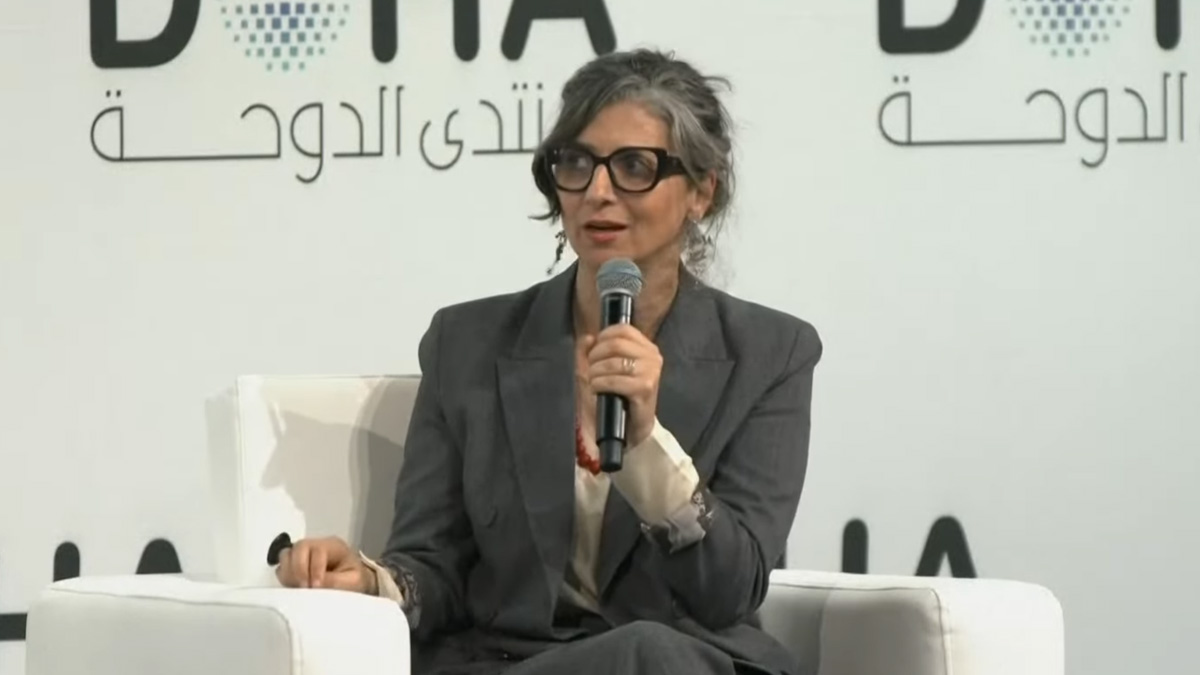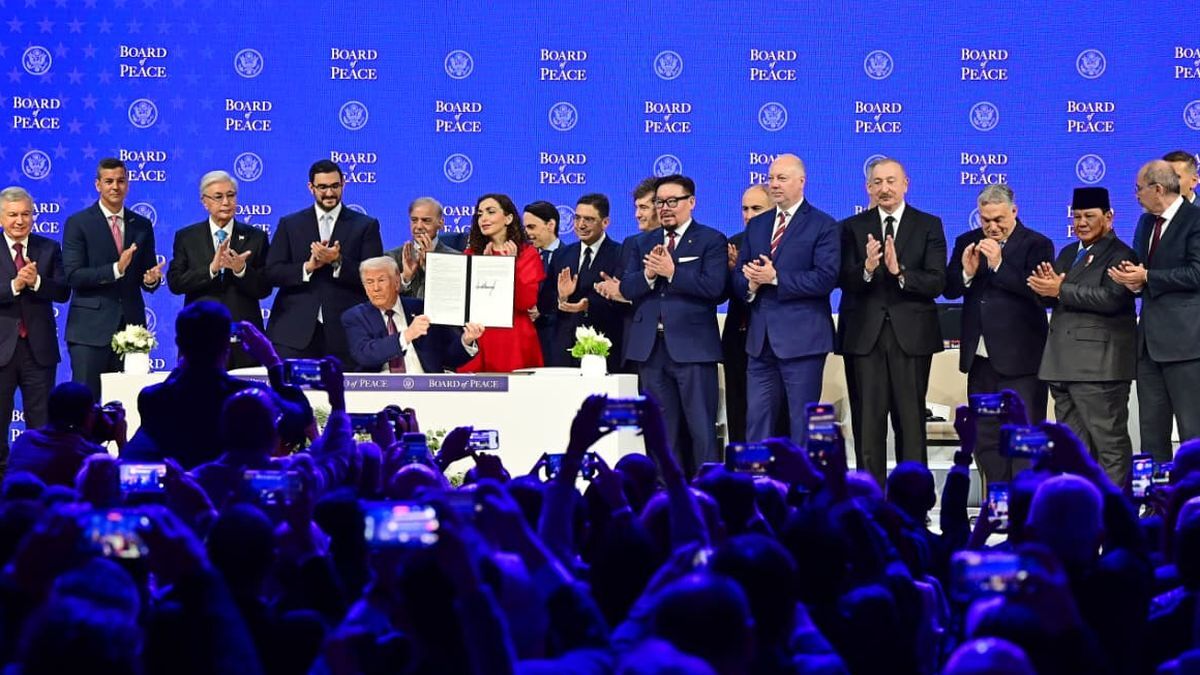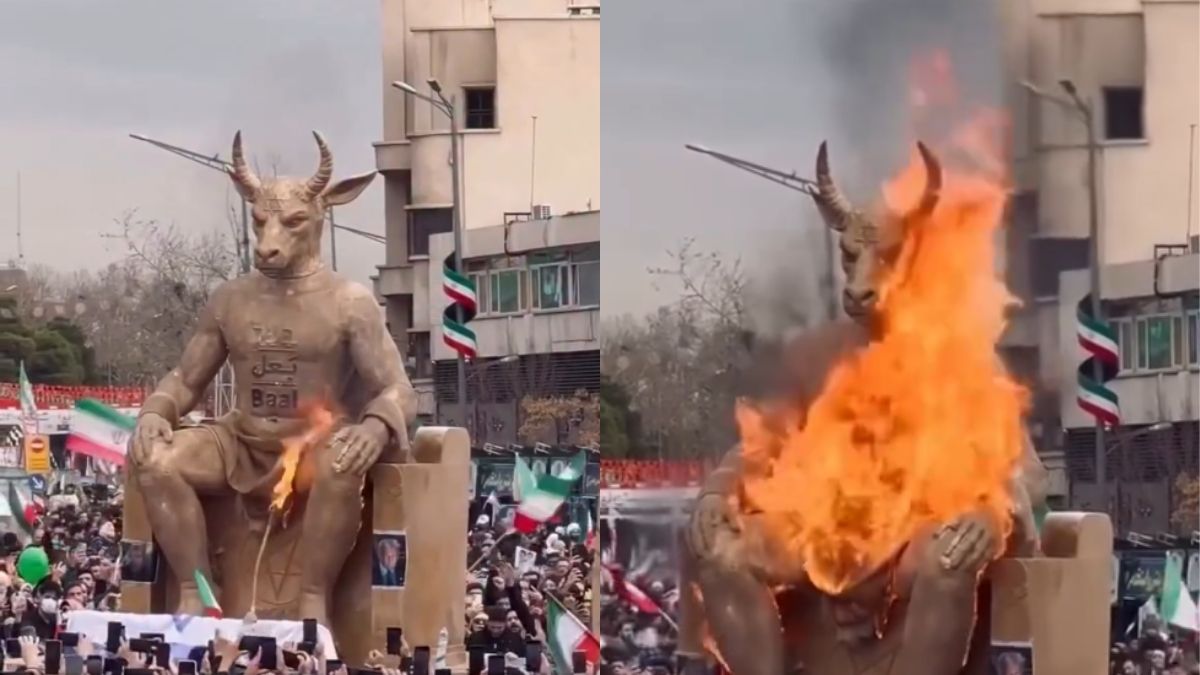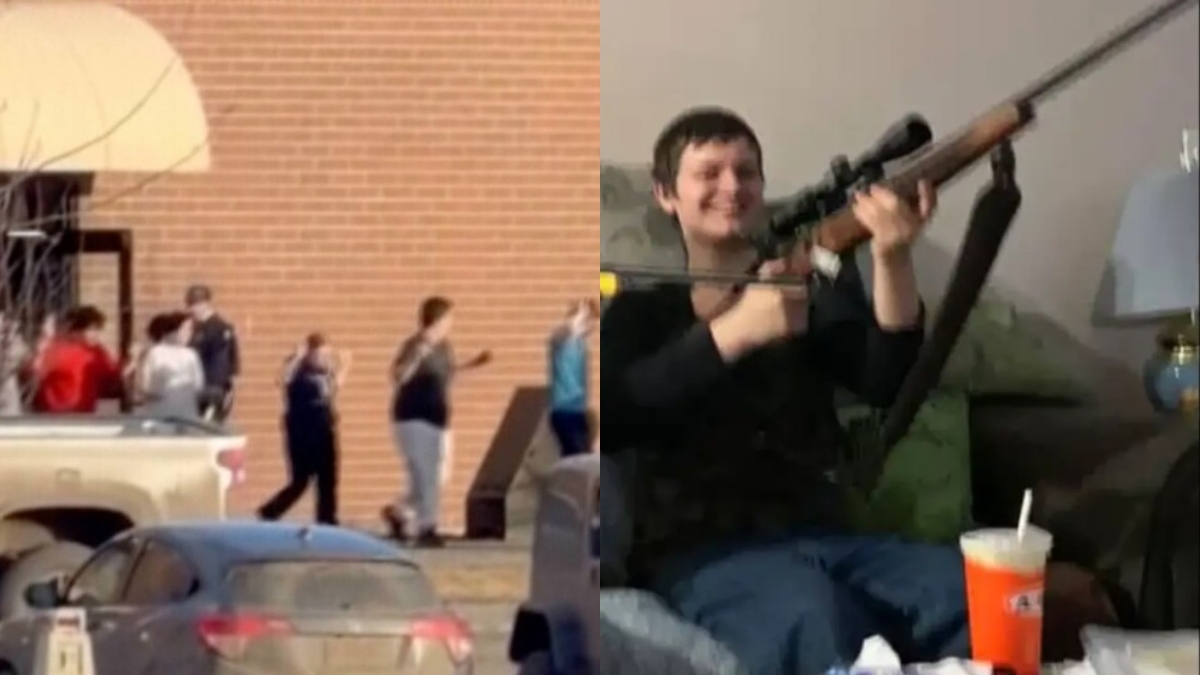MSF denounces mass atrocities in El Fasher and calls for urgent civilian protection
MSF has condemned mass atrocities in El Fasher following the city’s seizure by RSF forces, warning of blocked escape routes, rising malnutrition, and a humanitarian disaster. UN officials also confirmed reports of executions, starvation, and sexual violence.
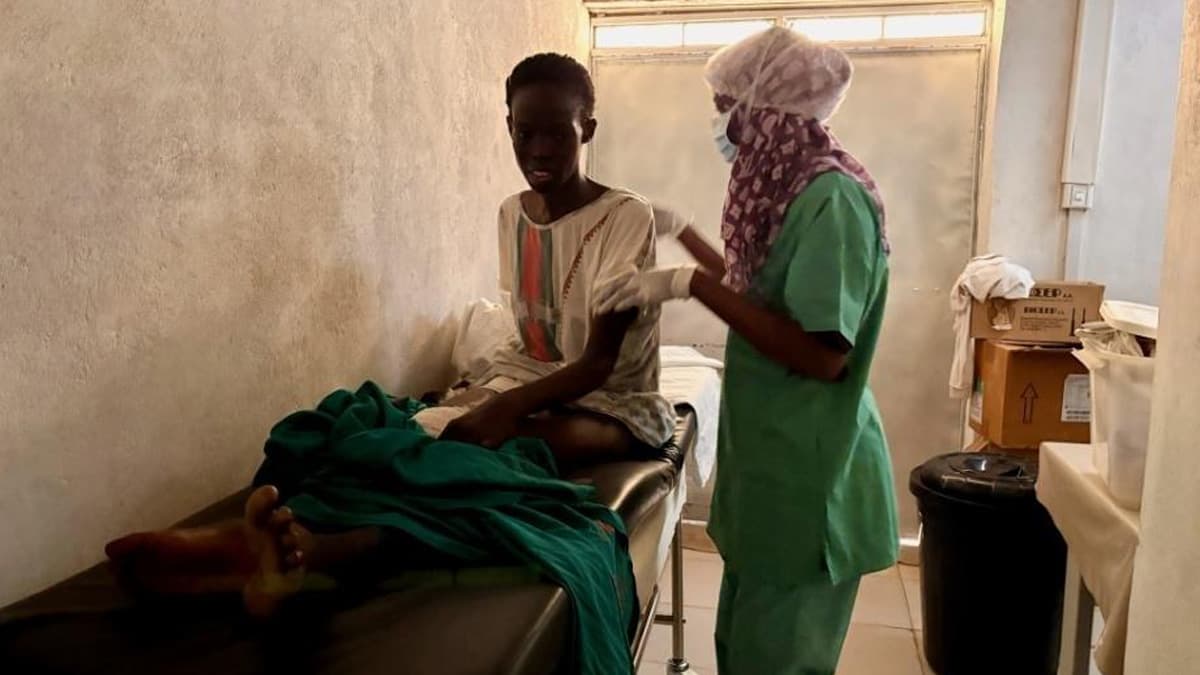
- MSF reports mass atrocities and severe malnutrition following RSF's seizure of El Fasher.
- Only 5,000 of over 250,000 civilians reached safety amid reports of executions and abductions.
- MSF demands urgent humanitarian access and international pressure on RSF to protect civilians.
Médecins Sans Frontières (Doctors Without Borders, MSF) has issued an urgent appeal denouncing what it describes as mass atrocities and targeted violence in and around El Fasher, North Darfur, Sudan. This follows the city’s capture by the Rapid Support Forces (RSF) on 26 October 2025, ending a 500-day siege.
According to MSF, civilians have been subjected to indiscriminate killings, ethnic targeting, torture, and summary executions. Many are blocked from escaping to safer areas such as Tawila, 60 kilometres away. Only 5,000 people have arrived in Tawila since the fall of El Fasher, despite a previous population estimate of 260,000.
MSF's head of emergencies, Michel Olivier Lacharité, warned: “Where are all the missing people who have already survived months of famine and violence in El Fasher?” He added that survivors’ testimonies suggest they are being “killed, blocked, and hunted down” while trying to flee.
The humanitarian organisation has called on the RSF and allied forces to permit safe civilian passage and urged diplomatic actors, particularly the ‘Quad’—the United States, Saudi Arabia, the United Arab Emirates, and Egypt—to intervene immediately.
New arrivals in Tawila describe catastrophic suffering. On 27 October, all 70 children under five screened by MSF were acutely malnourished, with 57% severely affected. The following day, 20% of 120 adult men were found in a similar condition.
Between 26 and 29 October, MSF treated 396 wounded individuals and over 700 new arrivals. Injuries included gunshot wounds, fractures, and infected surgical complications. Dr Livia Tampellini, MSF’s deputy head of emergencies, noted that patients had been operated on under desperate conditions in El Fasher, often without access to essential drugs or supplies.
The group has established a health post at the Tawila entry point and expanded surgical and emergency services at the hospital. Displaced locals continue to search among the new arrivals for missing relatives.
The urgency of the situation was echoed by United Nations officials on 30 October during a Security Council briefing.
Tom Fletcher, the UN’s top relief official, stated that El Fasher had “descended into an even darker hell,” with credible reports of RSF fighters executing civilians, committing rape, and destroying medical facilities, including the killing of nearly 500 people in the Saudi Maternity Hospital.
“We cannot hear the screams, but – as we sit here today – the horror is continuing,” said Fletcher. “Women and girls are being raped, people being mutilated and killed – with utter impunity.”
Assistant Secretary-General for Africa Martha Pobee warned of a “significant shift in the security dynamics,” with the fall of El Fasher marking a dangerous escalation. Fighting has already intensified in the Kordofan region, and drone strikes by both RSF and the Sudanese Armed Forces (SAF) have expanded into Blue Nile, South Kordofan, West Darfur, and Khartoum.
“The risk of mass atrocities, ethnically targeted violence and further violations of international humanitarian law remains alarmingly high,” said Pobee, adding that despite stated commitments, “there is no safe passage for civilians to leave the city.”
The UN human rights office (OHCHR) has documented mass killings and ethnically motivated reprisals in both El Fasher and Bara, where at least 50 civilians, including five Sudanese Red Crescent volunteers, were killed recently.
Fletcher drew direct parallels to Darfur’s past atrocities from the early 2000s, stating: “This is also a crisis of apathy. The Sudan crisis is, at its core, a failure of protection.” He described the ongoing violence as being committed with “unashamed expectation of impunity.”
The current conflict, which began in April 2023 as a power struggle between the SAF and RSF, has since devolved into all-out war. The RSF’s roots in the Janjaweed militia—implicated in war crimes two decades ago—have further heightened concerns about ethnically motivated violence.
More than four million people have fled Sudan, primarily to Chad, South Sudan, and the Central African Republic, according to the UN. Inside the country, 24 million people—over 40% of the population—are now food insecure.
Tawila, already hosting hundreds of thousands displaced from earlier attacks, continues to receive survivors suffering extreme trauma, malnutrition, and loss.
“Our teams in Tawila are seeing traumatised people arriving showing shocking signs of malnutrition,” said Fletcher, reinforcing MSF’s call for urgent humanitarian access.
He concluded: “I urge colleagues to study the latest satellite imagery of El Fasher—blood on the sand. And I urge colleagues to study the world’s continued failure to stop this. Blood on the hands.”


